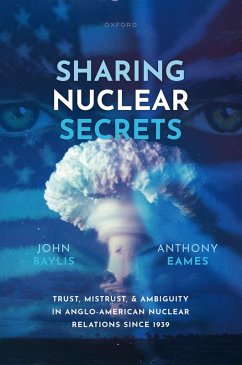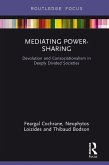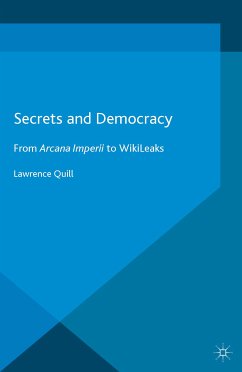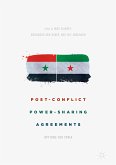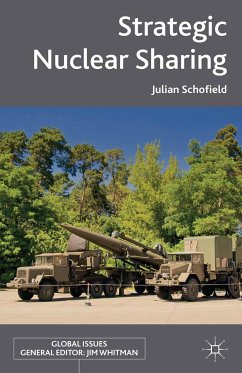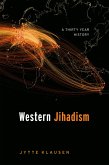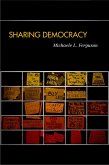Nuclear alliances are high stakes partnerships with the potential to enhance security, goodwill, scientific and technical innovation, and economic well-being; or, they risk a state's very existence, generate social and political unrest, and fracture frameworks for international cooperation and jeopardize global reputations. Now entering its eighth decade, the Anglo-American nuclear alliance is the oldest and most complex in the world. Sharing Nuclear Secrets is the first comprehensive single-volume study of the Anglo-American nuclear relationship, illuminating both its fragility and durability. It has waxed and waned based on the preferences of presidents and prime ministers, weathered war scares, overcome isolationist impulses and imperial decline, persisted despite public antipathy, and has survived and been strengthened by scientific rivalries. Trust and ambiguity are entangled at the core of the Anglo-American nuclear relationship. The interplay between trust and ambiguity has influenced the way the nuclear partnership has been institutionalized at bureaucratic and technical levels, but also the ways in which political actors and private citizens have maintained the relationship through periods of crisis, moments of triumph, and through decades of cultural reckoning with nuclear weapons. From the days of the Manhattan Project, through the crisis of Suez and criticism of Dr. Strangelove, to the end of the Cold War, and into present day circumstances brought about by the JCPOA, AUKUS, and Russian nuclear threats over Ukraine, Sharing Nuclear Secrets reveals that ambiguity is key to keeping the balance between sentiment and interests and the corresponding equilibrium between trust and mistrust in the special relationship.
Dieser Download kann aus rechtlichen Gründen nur mit Rechnungsadresse in A, B, BG, CY, CZ, D, DK, EW, E, FIN, F, GR, HR, H, IRL, I, LT, L, LR, M, NL, PL, P, R, S, SLO, SK ausgeliefert werden.

